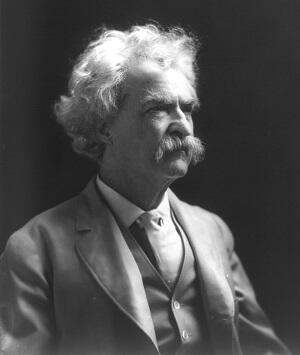One gains at least two to three times more experience grabbing the tiger by the tail than reading about it in a book. ~Mark Twain
And one gains at least ten times more presentation experience during a presentation skills training workshop than by reading a book, listening to a podcast, or watching a video on YouTube. I’m sure that Mark Twain would have called the last two out if they had existed during his time!
Successful Communication Starts With Preparation
Knowing how to conceptualize, prepare, package, and deliver your presentation are all vital steps in the process. You don’t just stand up and with a bunch of hand waving, a magic presentation appears while the audience oohs and aahs. Take any of these steps out of the equation, and you’ll have wildly different results, and most likely not in a positive manner.
How to Develop Great Presentation Skills
There are plenty of options to help you work on developing your presentation skills:
• Free presentation skills videos on Youtube when you have time to watch
• Books, magazines, and helpful posts such as this when you have time to read
• Audiobooks and podcasts while you’re driving or walking

But none of these come close to the rapid skill acceleration you’ll get from a presentation skills training workshop. Instructor-led, hands-on training is still simply the most effective learning mechanism due to the human feedback loop.
Some of the areas your instructor should cover:
• Communication skills – this includes the kind of language that you use, how you use it, when to use it, along with why and how non-verbal communication is just as important as what you directly say.
• People skills – this includes the way that you relate to your audience: are you sensitive to their needs, do you pay attention to their reactions, do you touch base with their expectations?
• Design skills – this includes how you design and use materials such as audio-visuals or Powerpoint presentations to deliver your message as convincingly and authoritatively as possible, without boring your audience to tears. We’ve all sat through “Death by Powerpoint” at some point in our careers – don’t do this to your audience!
Why A Professional Presentation Skills Training Workshop?
Professional facilitators have the expertise and the time to design training modules that can be adapted to your specific needs. They understand our quote for this article, and know that learning to do things through that feedback look is always more effective than watching a Youtube video or reading about it in a book. Hands-on, hands-on, hands-on. Spend some time, make the investment, and see how quickly you get the results that you’ve been missing!
